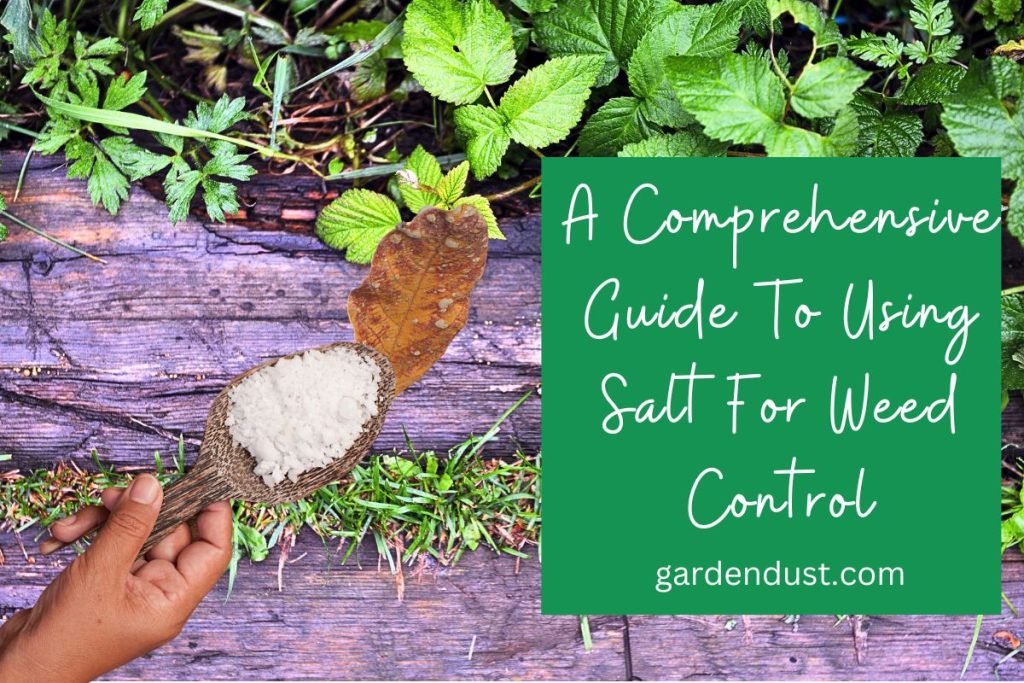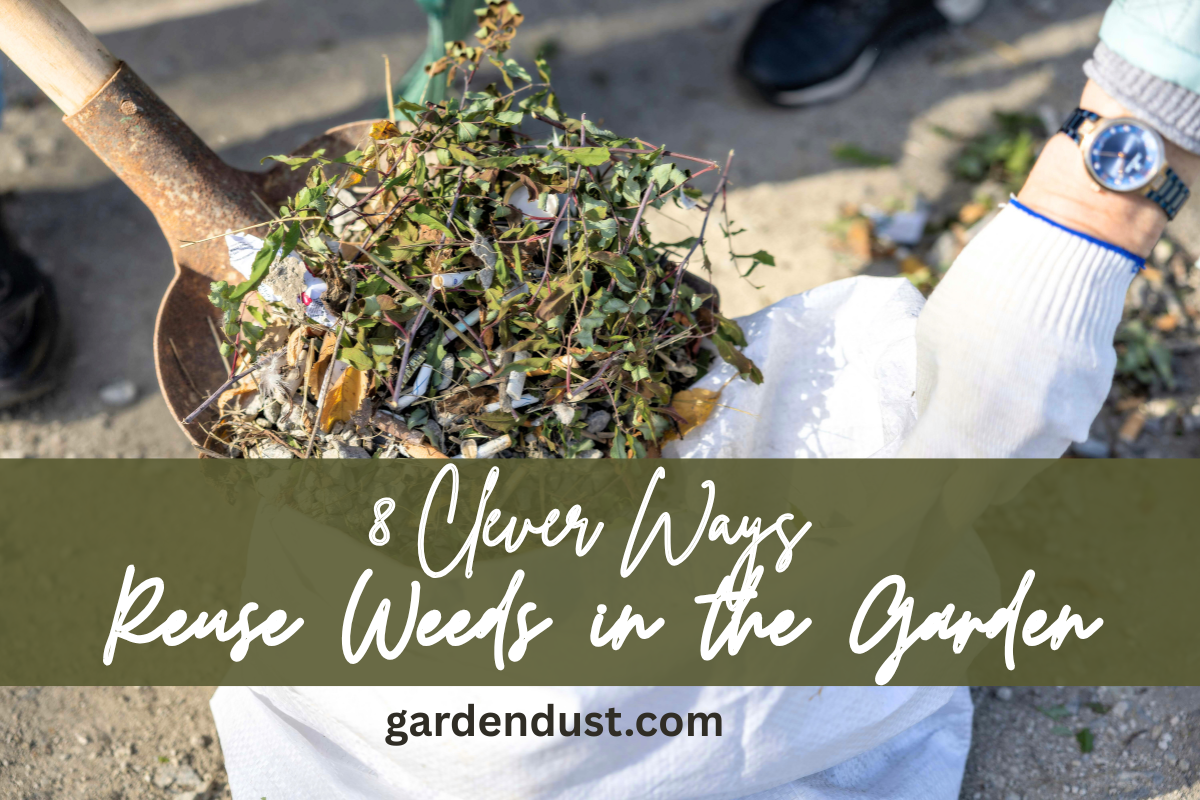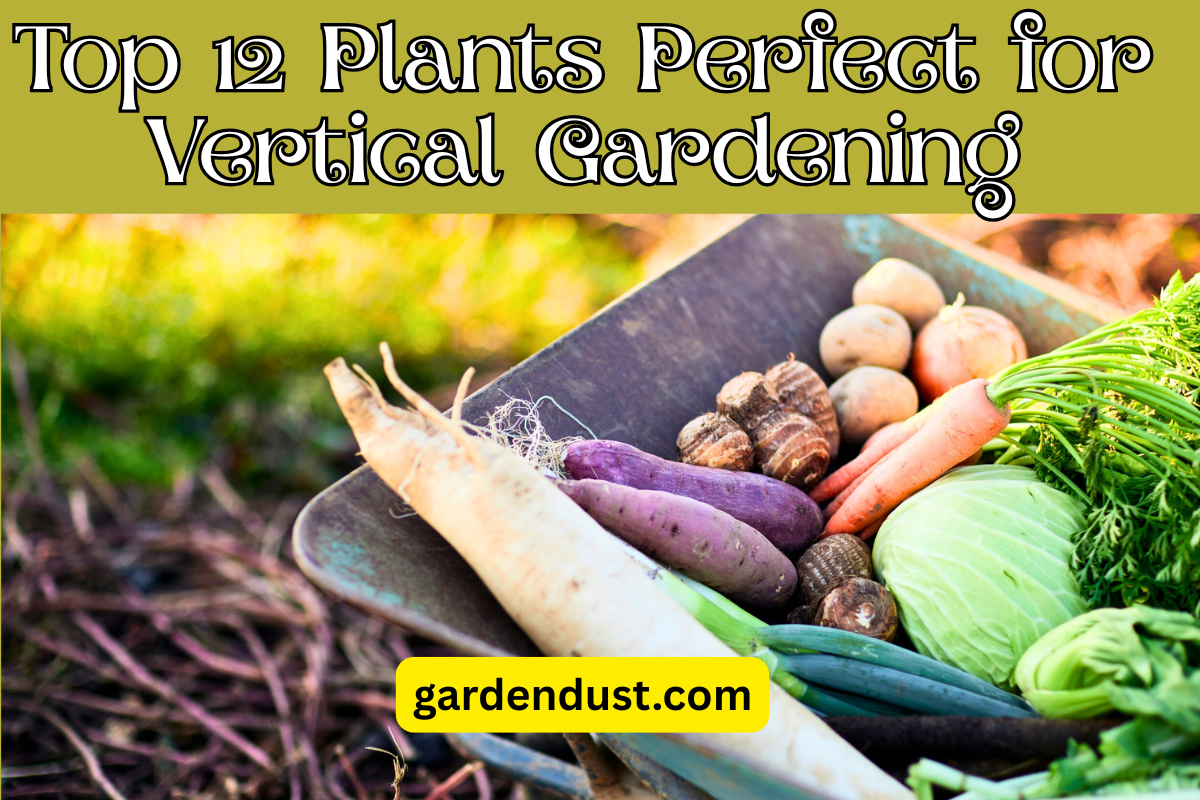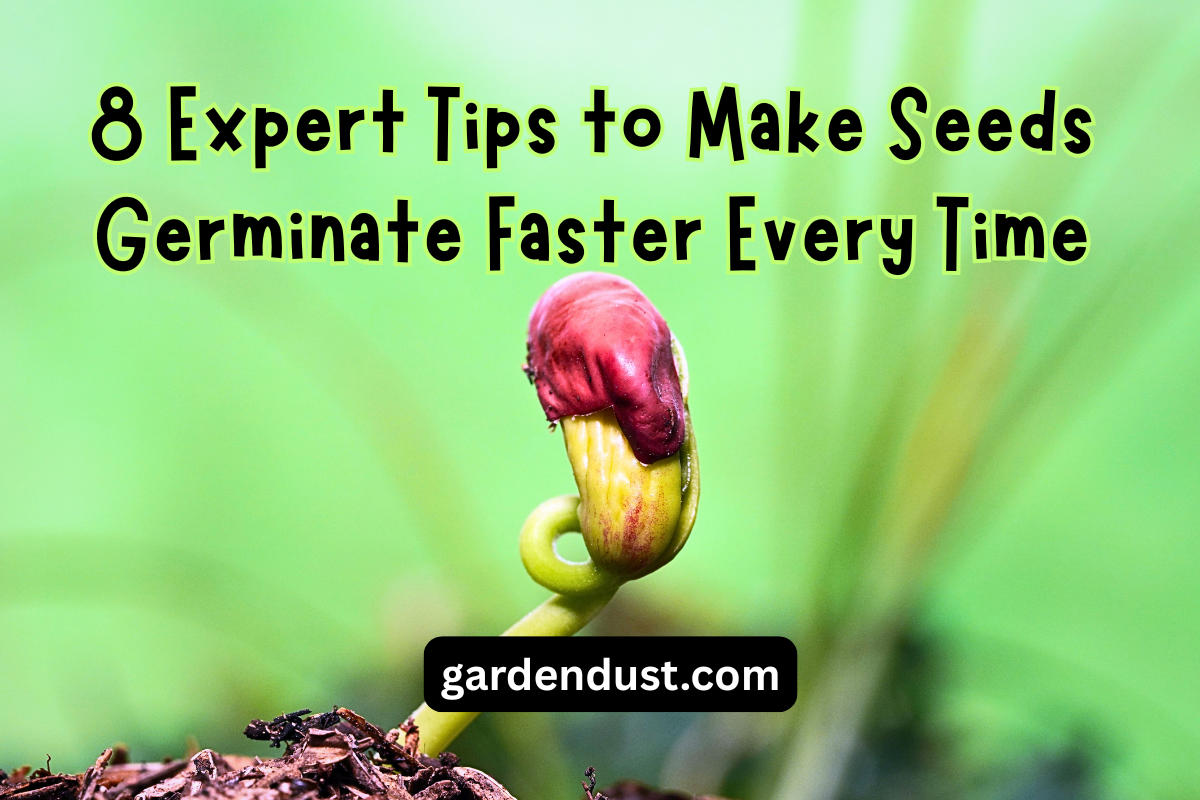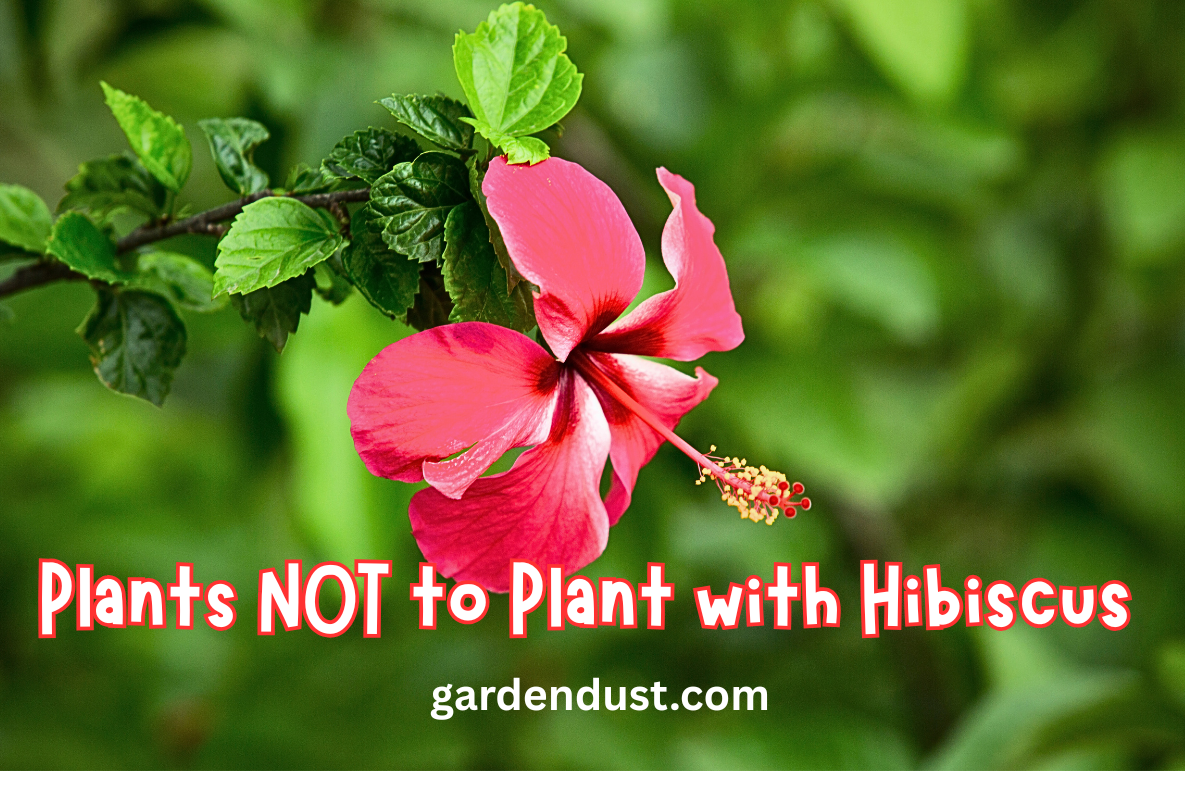Maintaining a pristine garden or landscape requires constant effort, and one of the most persistent challenges is managing the growth of weeds. Weeds can quickly overrun your carefully nurtured plants, stealing nutrients and resources. While there are various methods to combat weeds, using salt as a natural herbicide is an effective and eco-friendly option. In this guide, we will delve into A Comprehensive Guide To Using Salt For Weed Control and offering detailed care tips to ensure your garden remains healthy and weed-free. Let’s begin…
Understanding the Science Behind Salt as a Weed Killer
Salt, specifically table salt or rock salt, contains sodium ions that have a desiccating effect on plants. When salt comes into contact with the leaves and stems of weeds, it disrupts their cellular balance, leading to dehydration and eventual death. However, it’s essential to approach this method with caution, as using too much salt can harm surrounding plants and soil.
Choosing the Right Type of Salt
Opt for coarse or rock salt rather than iodized or sea salt. These salts have larger granules, which helps in controlling the amount applied and reduces the risk of oversaturation. Additionally, avoid using salt that contains additives like anti-caking agents, as these can harm your plants.
Application Techniques
- Spot Treatment: Identify the weeds you want to eliminate. Sprinkle a small amount of salt directly onto the weed’s leaves, taking care not to let the salt touch nearby plants. This method works best for isolated weeds in non-vegetated areas like driveways or sidewalks.
- Salt Solution: Mix about 1 cup of salt into 2 cups of hot water until dissolved. Transfer the solution into a spray bottle and apply directly to the weeds, making sure not to overspray. This technique is ideal for targeting weeds in areas with other plants around.
- Salt Barrier: Create a salt barrier along the edges of paved or non-plant areas to prevent weed growth. Sprinkle a thin line of salt, taking care not to let it come into contact with desirable plants.
Read Also :-Why Your Plants Have White Powder Or Spots
Care Tips
- Moderation is Key: While salt is an effective weed killer, it can also harm your soil and other plants if used excessively. Apply salt sparingly and avoid direct contact with your desired plants.
- Consider the Environment: Keep in mind that excessive salt usage can lead to soil salinization, making it unsuitable for future plant growth. If you have concerns about water runoff carrying salt to other areas, consider using alternative weed control methods.
- Water Management: After applying salt, monitor the area for several days and avoid watering excessively. Watering too much can wash away the salt and dilute its effectiveness.
- Protect Yourself: When working with salt, wear gloves to protect your hands from irritation.
- Regular Maintenance: Salt is not a permanent solution. Weeds can return over time, so remain vigilant and continue with your regular garden maintenance routine.
- Testing: Before using salt extensively, perform a small-scale test in an inconspicuous area to observe how your plants and soil react to the treatment.
Using salt to kill weeds can be an effective strategy if applied with care and consideration for your garden’s overall health. By understanding the science behind this method, selecting the right type of salt, and employing proper application techniques, you can achieve a weed-free garden without compromising your plant life and soil quality. Remember, moderation, environmental awareness, and regular maintenance are the keys to successful weed control using salt. Happy Gardening…

